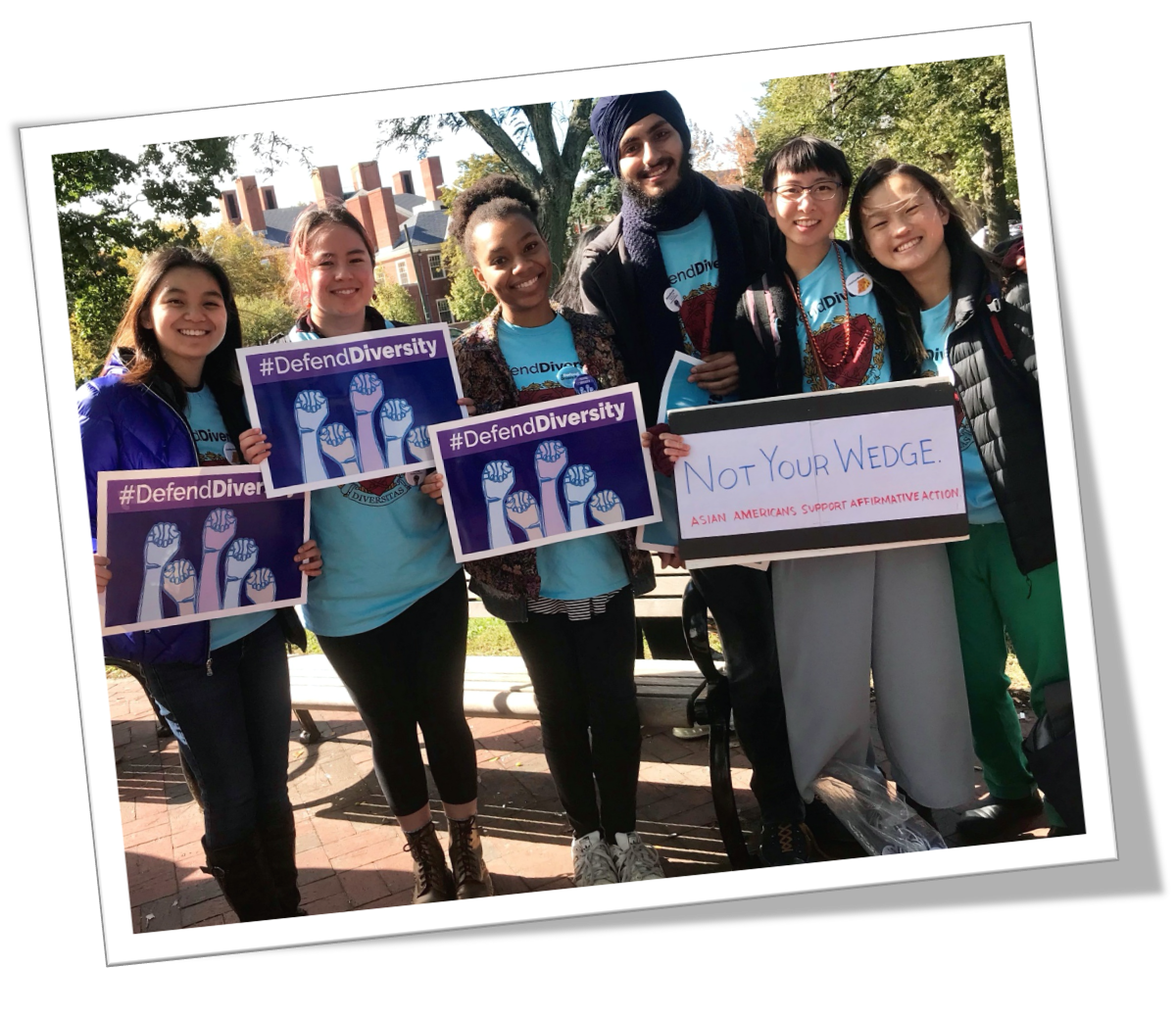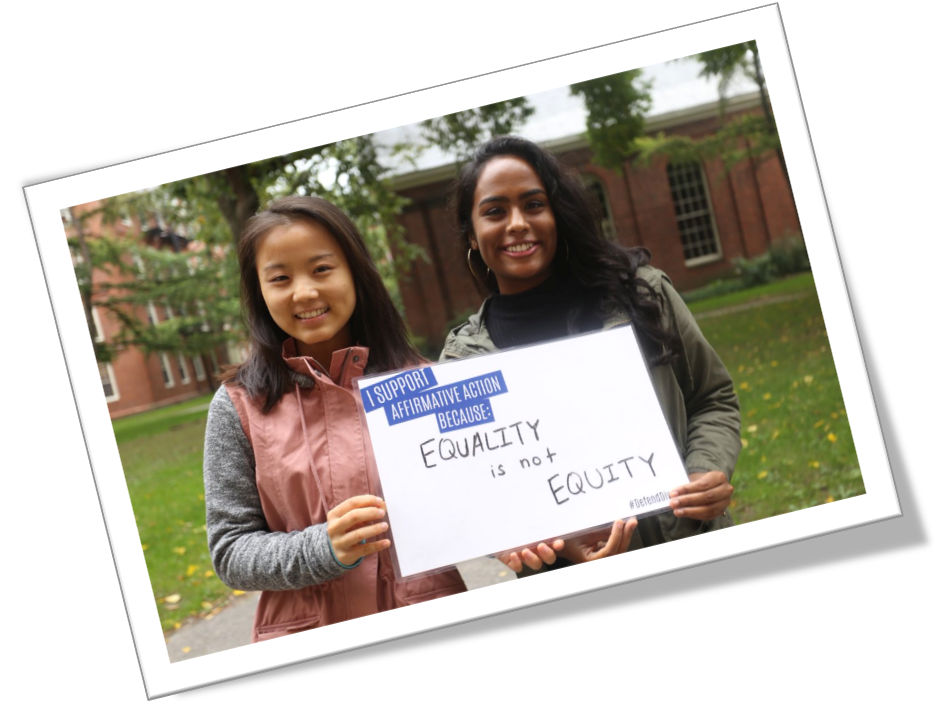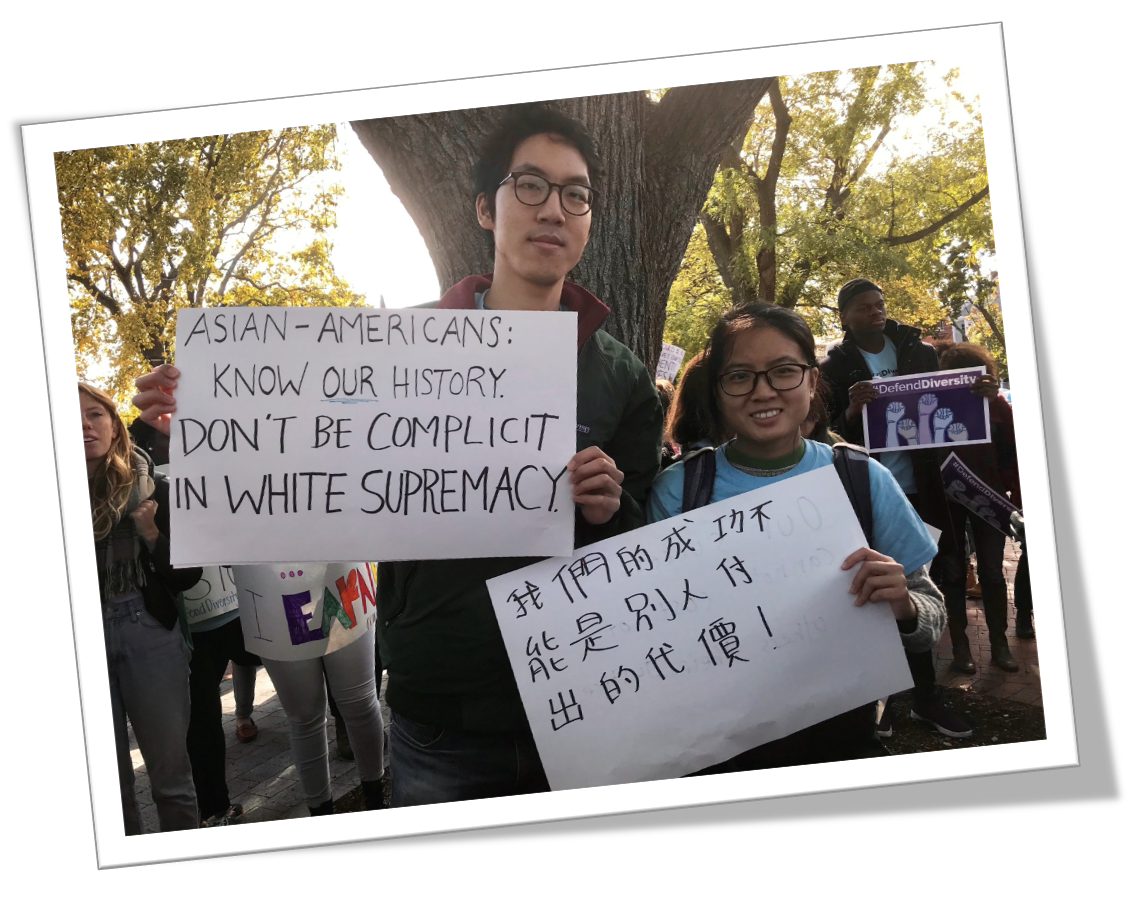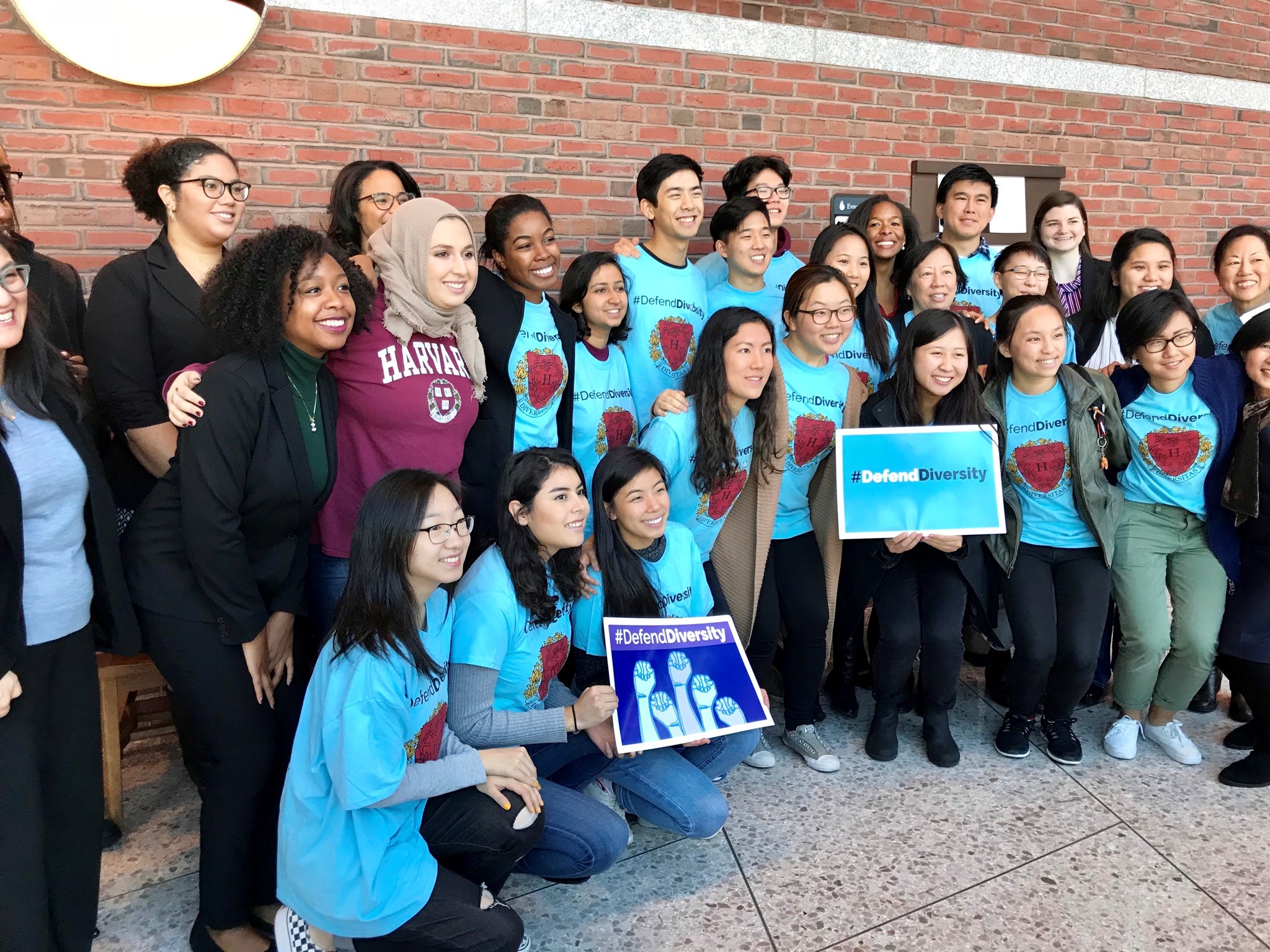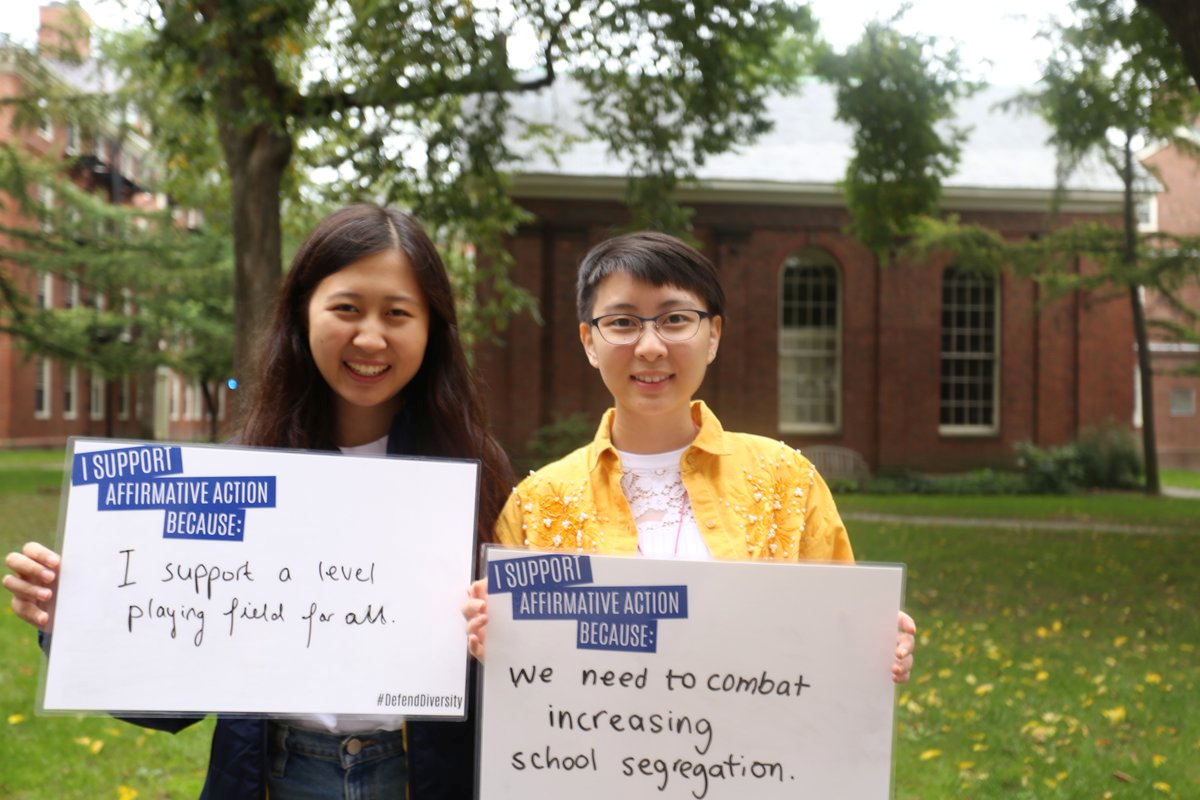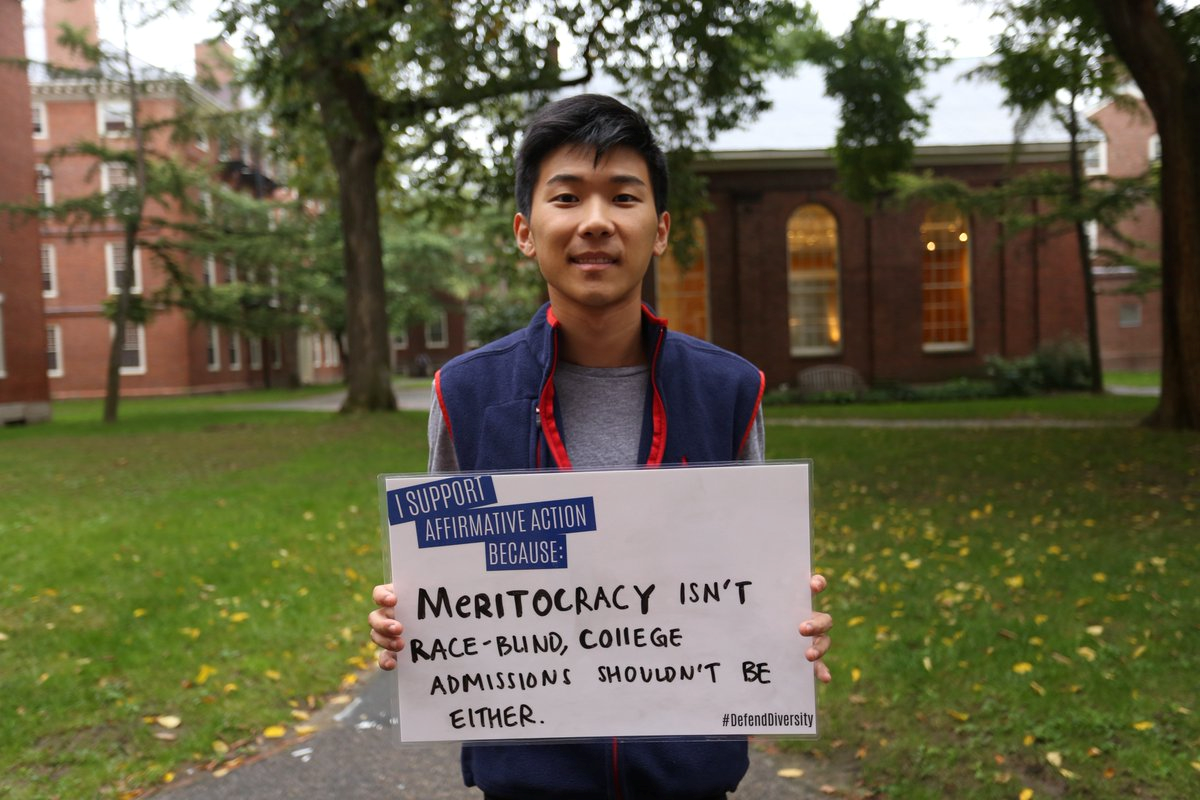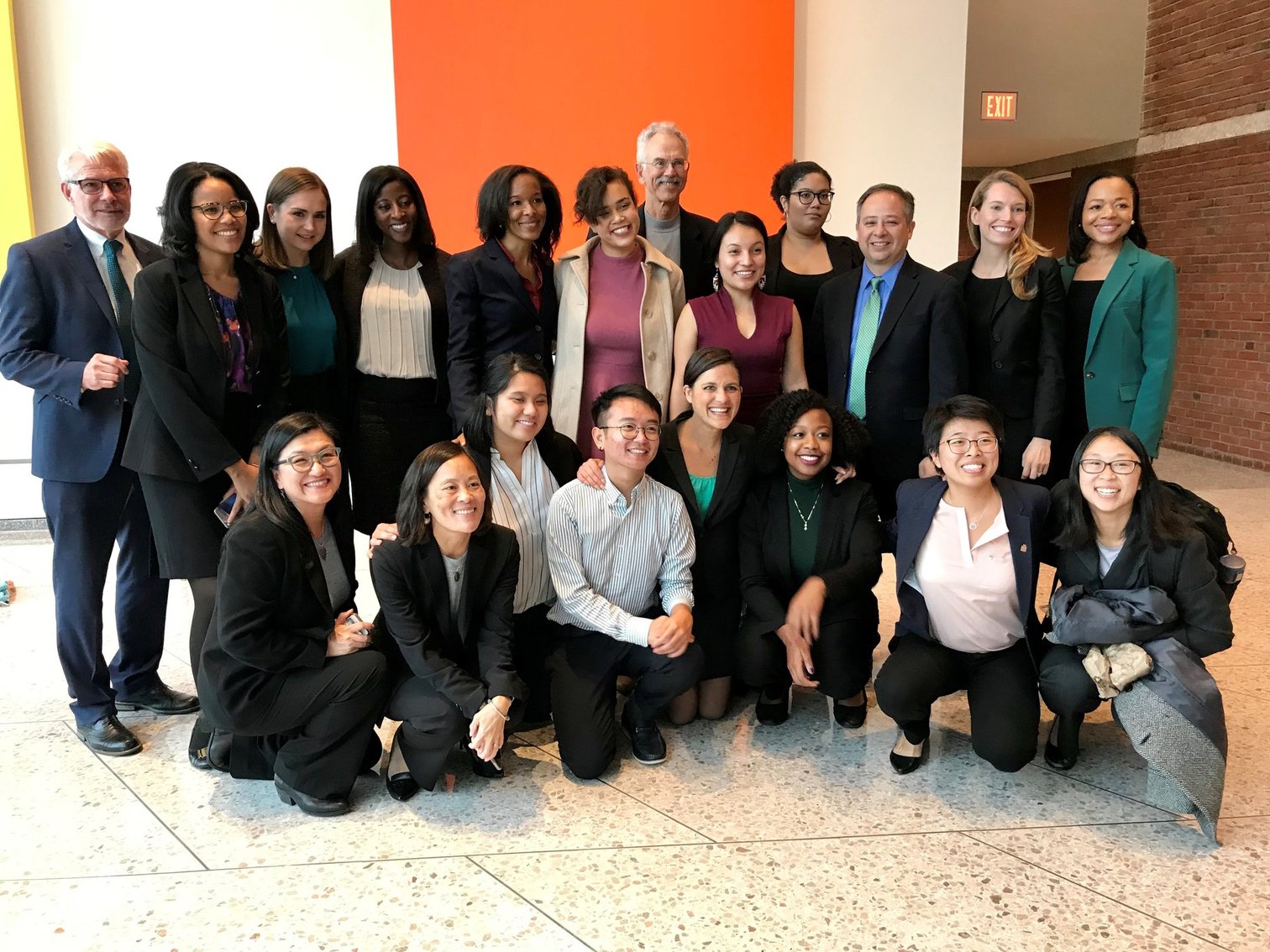Students for Fair Admissions (SFFA) v. University of North Carolina at Chapel Hill

Case Summary
In SFFA v UNC-Chapel Hill, filed in the United States District Court for the Middle District of North Carolina, Blum claims that UNC’s admissions process violates the equal protection clause of the Fourteenth Amendment to the Constitution and Title VI of the Civil Rights Act of 1964. It asserts that UNC unfairly uses race to give significant preference to underrepresented minority applicants to the detriment of white and Asian-American applicants, while ignoring race-neutral alternatives for achieving a diverse student body. Specifically, SFFA alleges that one of its white members was denied admission to UNC-Chapel Hill’s 2014 freshman class because he was not permitted to compete on equal footing with other applicants and that it has members who may be denied admission because of these discriminatory policies in the future.
SFFA’s goal is to completely eliminate the use of race as a factor in undergraduate admissions and to prevent admissions officers from knowing the race or ethnicity of any applicants. This latest attack follows prior, unsuccessful challenges by Blum in both federal and state courts to impose a new constitutional standard beyond Supreme Court precedent.
UNC-Chapel Hill contends that its policies adhere closely to constitutional requirements and the high court’s prior directives, and that UNC has a compelling interest in racial diversity’s educational benefits. In a letter addressed to the UNC community, administrators defended the school’s position and sought to allay any feelings among students that they were unqualified to be admitted based on the lawsuit’s allegations.
“We are proud of the contributions our students make in our community, and we want each of you to know that you rightfully earned your place here,” they wrote. “We are grateful you chose to attend Carolina and look forward to all you will accomplish in the future. The opportunity to love and learn in a diverse community that represents a broad range of backgrounds, talents and life experiences is critical to your personal and professional development. Students, faculty and business leaders who hire hundreds of our graduates each year agree the strength of a Carolina education lies in the diversity of experiences among our student body.”
In June 2015, the Lawyers’ Committee for Civil Rights Under Law, the North Carolina Justice Center and pro bono counsel, Relman, Dane, & Colfax PLLC, filed a petition to intervene on behalf of students to defend the limited, but meaningful inclusion of race—as one factor among many factors—to increase diversity and afford opportunities to all qualified students at UNC-Chapel Hill. The Lawyers’ Committee and co-counsel represent a diverse group of students of color who attend or attended UNC-Chapel Hill. They have a significant interest in ensuring that future applications are considered under a holistic process that includes the lawful consideration of race.
The Court granted permissive intervention in 2017 finding that the result of this litigation will have a direct and significant impact on North Carolinians’ access to their state’s public flagship institution. This status allows the students and alumni that the Lawyers’ Committee represents to demonstrate the specific need for UNC-Chapel Hill to consider race as part of its admissions process by presenting as evidence the history of segregation and discrimination in North Carolina and at UNC-Chapel Hill and the effect of admissions processes its student body.
Case Timeline
- November 2014: SFFA filed a federal lawsuit naming UNC-Chapel Hill, the University of North Carolina System, and the UNC Board of Governors. Limited discovery takes place until the similar Fisher v. the University of Texas at Austin case was decided.
- June 2015: The Lawyers’ Committee and co-counsel filed a petition to intervene on behalf of students.
- June 2016: The U.S. Supreme Court ruled that UT-Austin’s admissions practices were constitutional.
- January 2017: The court grants permissive intervention to a group of students and alumni represented by the Lawyers’ Committee and co-counsel.
- 2017-18: The full discovery phase commences.
- January 2019: Summary judgment motions begin with the U.S. District Court for the Middle District of North Carolina in Winston-Salem. Parties submit legal briefs arguing why it should win the case without a trial.
- April 2019: Parties submitted final legal briefs.
- September 2019: The trial court judge denies summary judgment and rules this case will go to trial.
- October 2019: In a similar lawsuit filed by SFFA, a federal judge upholds Harvard College’s admissions policies.
- November 2020: Bench trial scheduled to begin.
Key Documents
Media
- (New York Times) U.N.C. Admissions Lawsuit Brings Another Attack on Affirmative Action
- (Inside Higher Ed) Affirmative Action Fight Shifts to UNC
- (The Chronicle of Higher Education) That Other Affirmative-Action Case: The Battle Over UNC’s Admissions Policies Heats Up

